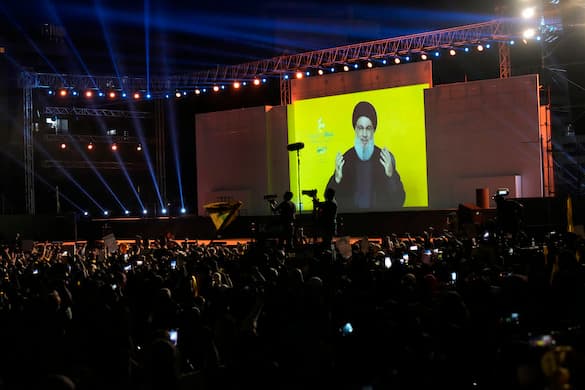Hezbollah, Proxy of Iran, Threatens War Over Israeli Gas Field in Mediterranean
The Biden administration enters the dispute, which could delay the project and disrupt Israeli energy exports.

Will Israeli gas production at a lucrative eastern Mediterranean natural gas field begin, as was scheduled, in September, or will American mediation between Jerusalem and Hezbollah delay the project?
Please check your email.
A verification code has been sent to
Didn't get a code? Click to resend.
To continue reading, please select:
Enter your email to read for FREE
Get 1 FREE article
Join the Sun for a PENNY A DAY
$0.01/day for 60 days
Cancel anytime
100% ad free experience
Unlimited article and commenting access
Full annual dues ($120) billed after 60 days

